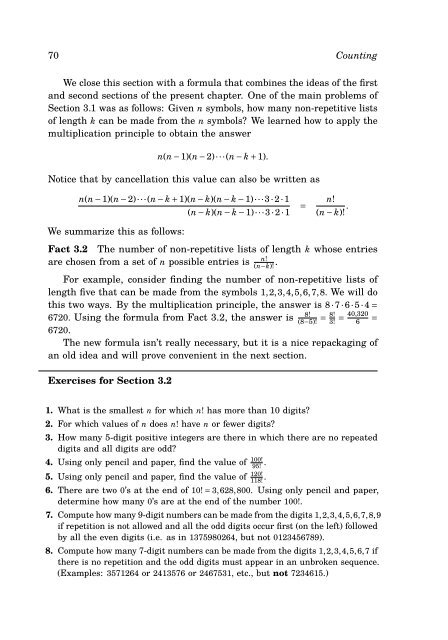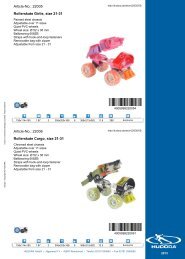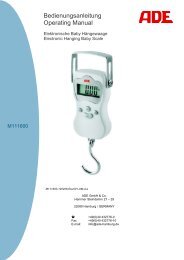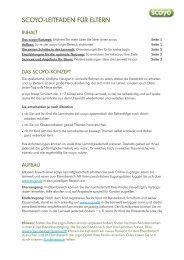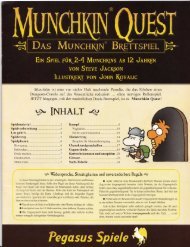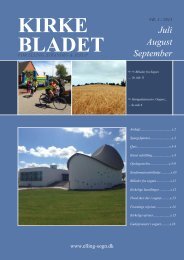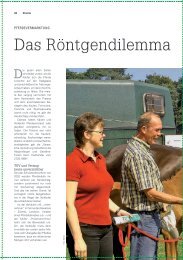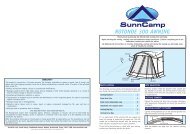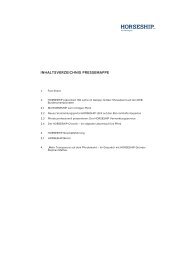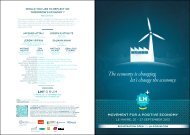Book of Proof - Amazon S3
Book of Proof - Amazon S3
Book of Proof - Amazon S3
Create successful ePaper yourself
Turn your PDF publications into a flip-book with our unique Google optimized e-Paper software.
70 Counting<br />
We close this section with a formula that combines the ideas <strong>of</strong> the first<br />
and second sections <strong>of</strong> the present chapter. One <strong>of</strong> the main problems <strong>of</strong><br />
Section 3.1 was as follows: Given n symbols, how many non-repetitive lists<br />
<strong>of</strong> length k can be made from the n symbols? We learned how to apply the<br />
multiplication principle to obtain the answer<br />
n(n − 1)(n − 2)···(n − k + 1).<br />
Notice that by cancellation this value can also be written as<br />
n(n − 1)(n − 2)···(n − k + 1)(n − k)(n − k − 1)···3 · 2 · 1<br />
(n − k)(n − k − 1)···3 · 2 · 1 = n!<br />
(n − k)! .<br />
We summarize this as follows:<br />
Fact 3.2 The number <strong>of</strong> non-repetitive lists <strong>of</strong> length k whose entries<br />
n!<br />
are chosen from a set <strong>of</strong> n possible entries is<br />
(n−k)! .<br />
For example, consider finding the number <strong>of</strong> non-repetitive lists <strong>of</strong><br />
length five that can be made from the symbols 1,2,3,4,5,6,7,8. We will do<br />
this two ways. By the multiplication principle, the answer is 8 · 7 · 6 · 5 · 4 =<br />
8!<br />
6720. Using the formula from Fact 3.2, the answer is<br />
(8−5)! = 8!<br />
3! = 40,320<br />
6<br />
=<br />
6720.<br />
The new formula isn’t really necessary, but it is a nice repackaging <strong>of</strong><br />
an old idea and will prove convenient in the next section.<br />
Exercises for Section 3.2<br />
1. What is the smallest n for which n! has more than 10 digits?<br />
2. For which values <strong>of</strong> n does n! have n or fewer digits?<br />
3. How many 5-digit positive integers are there in which there are no repeated<br />
digits and all digits are odd?<br />
4. Using only pencil and paper, find the value <strong>of</strong> 100!<br />
95! .<br />
5. Using only pencil and paper, find the value <strong>of</strong> 120!<br />
118! .<br />
6. There are two 0’s at the end <strong>of</strong> 10! = 3,628,800. Using only pencil and paper,<br />
determine how many 0’s are at the end <strong>of</strong> the number 100!.<br />
7. Compute how many 9-digit numbers can be made from the digits 1,2,3,4,5,6,7,8,9<br />
if repetition is not allowed and all the odd digits occur first (on the left) followed<br />
by all the even digits (i.e. as in 1375980264, but not 0123456789).<br />
8. Compute how many 7-digit numbers can be made from the digits 1,2,3,4,5,6,7 if<br />
there is no repetition and the odd digits must appear in an unbroken sequence.<br />
(Examples: 3571264 or 2413576 or 2467531, etc., but not 7234615.)


